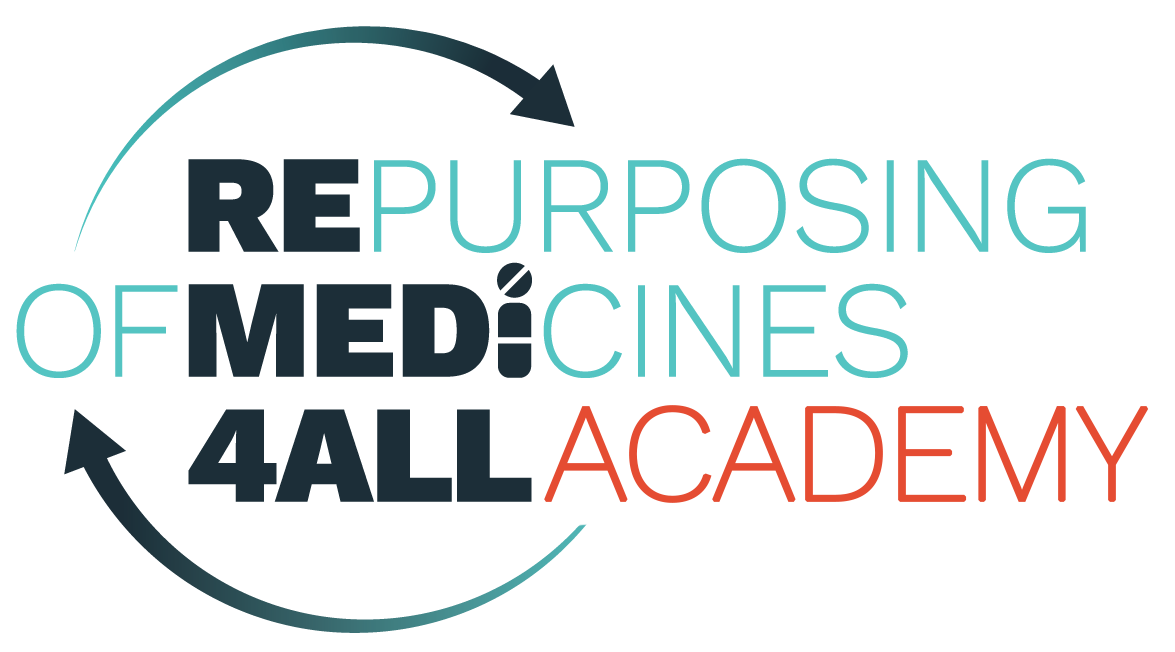WELCOME TO MODULE 10: PROJECT MANAGEMENT
Project management is all about planning, organising, and controlling resources to reach specific objectives within a set timeframe. It is used in many different various contexts, from complex tasks like Drug repurposing to everyday activities like planning a birthday party.
Let us use the example of planning and organising a birthday party to show how effective project management works, following the typical project management lifecycle. Any project can be divided in different phases or stages:
- Stage 1 – Initiation: The project starts with deciding to throw a birthday party for a friend or family member.
- Stage 2 – Planning: In this phase, you figure out the scope of the party and set your goals. This includes things like choosing the theme, location, guest list, and budget. You will create a timeline and assign tasks such as selecting a venue, choosing decorations, planning activities, and arranging catering. Resources like invitations, food, and entertainment need to be organised by making lists, contacting vendors, and scheduling deliveries.
- Stage 3 – Execution: This is when your plan comes to life. You send out invitations, set up the venue, decorate, prepare food, and manage the entertainment.
- Stage 4 – Monitoring: Throughout the planning and execution, you will keep an eye on the progress, checking if everything is on track with the timeline and budget. If issues arise or plans need adjusting, you make changes to keep everything running smoothly.
- Stage 5 – Closure: After the party, there is a wrap-up phase where you finish any leftover tasks, make final payments to vendors, and gather feedback from guests to see what went well and what could be improved for next time.
Effective project management makes it more likely that your party will be enjoyable for everyone, while staying within your planned budget and timeline. As the organiser (or project manager), your role is to lead the planning and execution, coordinate efforts, manage resources, and handle any issues to ensure everything gets done on time.
These same project management principles apply to more complex projects, like drug repurposing.
The learning objectives of this module are to:
- Learn more about the principles of project management and how to apply them effectively.
- Discover how to use these strategies in your repurposing project, guiding you through each stage—from the preclinical phase to clinical trials, all the way to securing approvals and managing access.
Click on the topics in the panel on the right to navigate through the content. Do not forget to click ‘mark as complete’ at the bottom of each page to track your progress.
Good luck on your repurposing journey!
Acknowledgements
Primary author: Claudia Fuchs (EURORDIS)
Contributing author: Abby Stock-Duerdoth (previously Beacon for Rare diseases)
Reviewers: Berta Gumí, Eva Molero
We’ve worked hard to bring this module to life, aiming to make it comprehensive and valuable for you. Because this is the very first launch of the Digital Academy, we really need your feedback. Please take a moment to complete our 3-minute feedback form at the end—we’d love to hear your thoughts!


